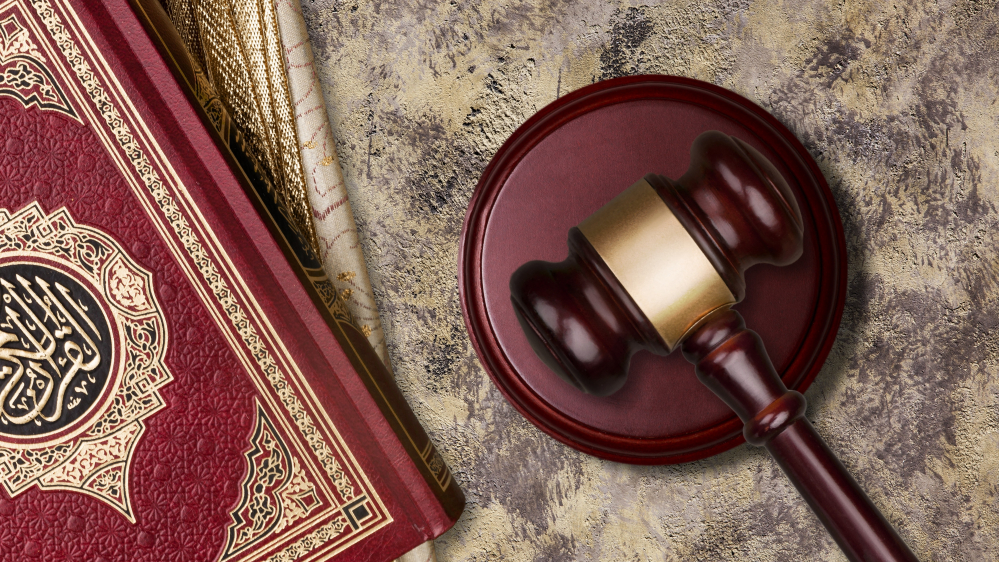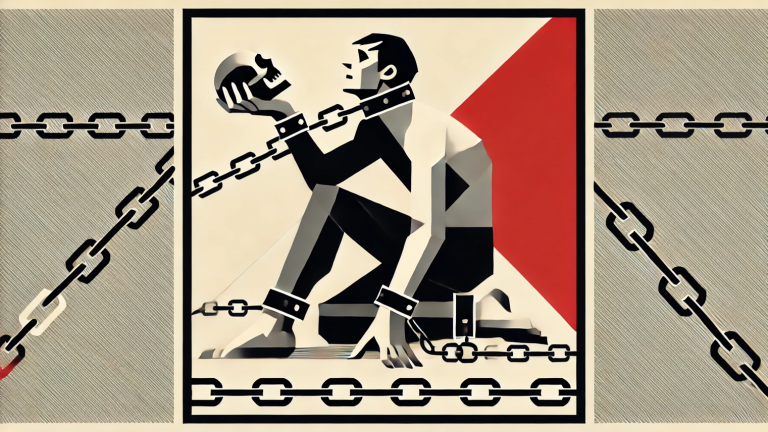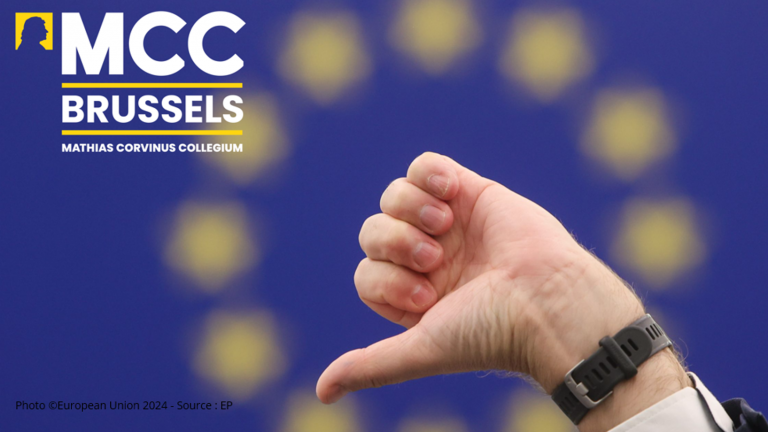National Identity and Mass Migration: Clash of Values?
- 18:30 - 20:00
- Tuesday 3 December 2024
- Renaissance Brussels Hotel, Rue du Parnasse 19, 1050 Brussels
REGISTER HERE
Mass migration remains one of the most pressing political issues with most EU member states failing to get to grips with it for a decade or more. The percentage of foreign-born people nears 20% in Belgium and Germany, and exceeds it in Sweden, Austria and Ireland. What are the prospects for integration and European nations upholding their values? Can we even agree on what we want people to integrate into or whether we think they should?
Much discussion has focused on whether migrants share, or even want to share, the values of the countries they arrive into. Many writers and politicians now talk about tensions and hostility between populations of foreign-born immigrants that are angry with their host countries on issues ranging from historical colonialism to contemporary Western foreign policy. At the same time, there is growing concern from indigenous populations about both immigration and the fragmentation of a common identity that comes with it.
Others raise concerns about public safety when there is little agreement on basic moral norms – for example, attitudes to women and how they dress. This clash of values can run deep – extending from the status of women and sex and gender issues to questions about basic judicial norms such as the role of sharia courts. Yet those who raise concerns about Islamification are often labelled Islamophobic.
But this clash of values raises another question: what are the supposedly “European” values that migrant cultures are said to clash with? Official discourse focuses on things such as tolerance, multiculturalism or minority rights – but there is little discussion about more substantive ideas about what it might mean to be German, French, Dutch or even European. Indeed, it often seems that there are three different sets of values clashing: the values of multiculturalism beloved by political and cultural elites, the values of migrant cultures, and the national or traditional values of the broader population. The tensions between these different values are obvious in the political backlash typified by recent voting patterns of many elections in Europe and the surge in support for populist parties.
But do our societies still hold to, and thus offer, a framework of values strong and widespread enough to integrate newcomers into? Can anyone state clearly what it means to be German, French or Dutch these days? Does the sheer volume of contemporary mass migration make an already challenging situation more intractable? Do we need a forthright defence of values? If so, which ones? And who decides?
Join us for an open and forthright discussion about where we stand in Europe with migration and values. What values can (and do) bind local populations as well as elites and immigrants.
Speakers:
Nicolas Pouvreau-Monti, cofounder and director of l’Observatoire de l’Immigration et de la Démographie, France
Göran Adamson, Associate Professor in Sociology; internationally renowned critic of multiculturalism and diversity and author of the MCC Brussels report Multiculturalism in Flames: Sweden's rude awakening


